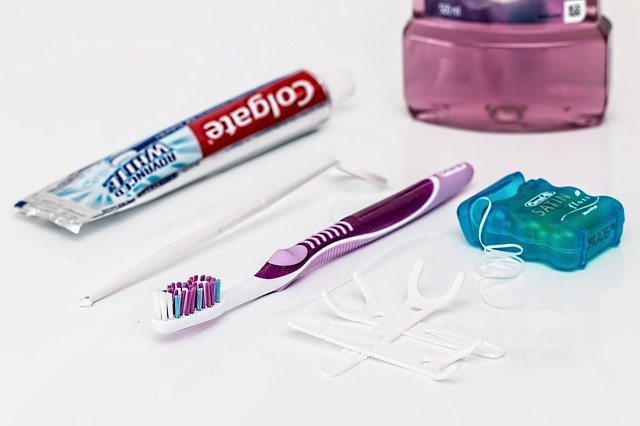
In a new study, researchers found that brushing teeth frequently is linked to lower risks of atrial fibrillation (a common irregular heartbeat disease) and heart failure.
The research was conducted by a team at Ewha Woman’s University.
Previous research has shown that poor oral hygiene leads to bacteria in the blood, causing inflammation in the body.
Inflammation increases the risks of atrial fibrillation (irregular heartbeat) and heart failure (the heart’s ability to pump blood or relax and fill with blood is impaired).
This new study examined the connection between oral hygiene and the occurrence of these two conditions.
The team enrolled 161,286 participants of the Korean National Health Insurance System aged 40 to 79 with no history of atrial fibrillation or heart failure.
Participants underwent a routine medical examination between 2003 and 2004.
During a median follow-up of 10.5 years, 4,911 (3.0%) participants developed atrial fibrillation and 7,971 (4.9%) developed heart failure.
The team found tooth brushing three or more times a day was linked to a 10% lower risk of atrial fibrillation and a 12% lower risk of heart failure during a 10.5-year follow up.
While the study did not examine mechanisms, one possibility is that frequent tooth brushing reduces bacteria in the subgingival biofilm (bacteria living in the pocket between the teeth and gums), thereby preventing translocation to the bloodstream.
The team notes that the analysis was limited to one country and as an observational study does not prove causation.
While the role of inflammation in the occurrence of heart disease is becoming more and more evident, intervention studies are needed to define strategies of public health importance.
One author of the study is Dr. Tae-Jin Song of Ewha Woman’s University, Seoul, Korea.
The study is published in the European Journal of Preventive Cardiology.
Copyright © 2019 Knowridge Science Report. All rights reserved.



